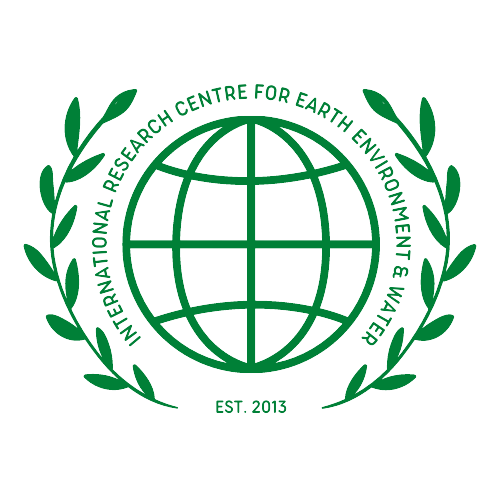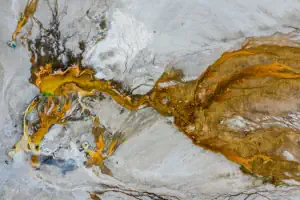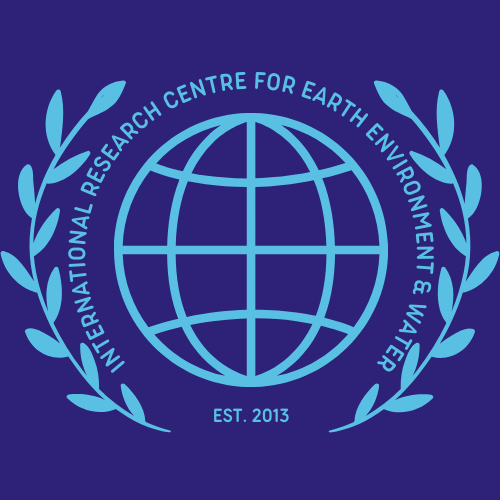Geological Fieldwork
Geology is the study of the Earth, its composition, and the processes that have shaped it over time. As geologists, fieldwork is a critical part of our profession. Geological fieldwork involves observing, measuring, and collecting data in the natural environment. It is an essential component of geological research and provides a hands-on experience that cannot be replicated in a classroom or laboratory. This article will discuss some crucial tips for conducting successful geological fieldwork.
Preparation:
Before embarking on geological fieldwork, it is essential to prepare thoroughly. Start by researching the area you will be working in and familiarize yourself with the geology and the expected field conditions. Create a checklist of necessary field equipment, including a compass, GPS, field notebook, rock hammer, and safety equipment, such as hard hats and safety glasses.
Safety:
Geological fieldwork can be dangerous, and safety should always be a priority. Before beginning fieldwork, ensure proper training in first aid and wilderness survival. Always work in pairs or groups and carry communication devices such as a cell phone or radio. Wear appropriate personal protective equipment (PPE), such as hard hats, safety glasses, and steel-toed boots.
Observation:
Geological fieldwork requires keen observation skills. Observe and document the characteristics of rocks and minerals, such as color, texture, and composition. Use a hand lens to observe small details and take detailed notes on any unusual or significant features. It is essential to have a thorough understanding of the local geology and geological history of the area you are working in to make accurate observations.
Mapping:
Geological mapping is the process of recording the location, orientation, and relationships between different geological features. Mapping is essential for understanding the geological history of an area and can help identify potential mineral or oil and gas resources. To create an accurate geological map, you need to record the orientation of rock formations, the thickness of sedimentary layers, and the location of faults and folds.
Sampling:
Rock and mineral samples are critical components of geological research. Samples are analyzed in the laboratory to determine their composition and geological history. Collect samples from different geological features and record the location and orientation of each sample. Ensure that you follow the proper protocol for sample collection and labeling to maintain the sample’s integrity.
Communication:
Effective communication is essential for successful geological fieldwork. Work closely with your team members and communicate your observations and findings. Document your observations and conclusions in a field notebook, and ensure that everyone on your team knows of any potential hazards or safety concerns.
Flexibility:
Geological fieldwork can be unpredictable, and it is essential to be flexible and adaptable. Field conditions may change unexpectedly, and you may need to modify your plans. Be prepared to adjust your itinerary or work schedule to accommodate changing field conditions.
In conclusion, geological fieldwork is an essential component of geological research. To conduct successful geological fieldwork, it is essential to prepare thoroughly, prioritize safety, hone observation skills, and communicate effectively. Adapting to changing field conditions and being flexible can also contribute to the success of your fieldwork. By following these tips, you can ensure that


